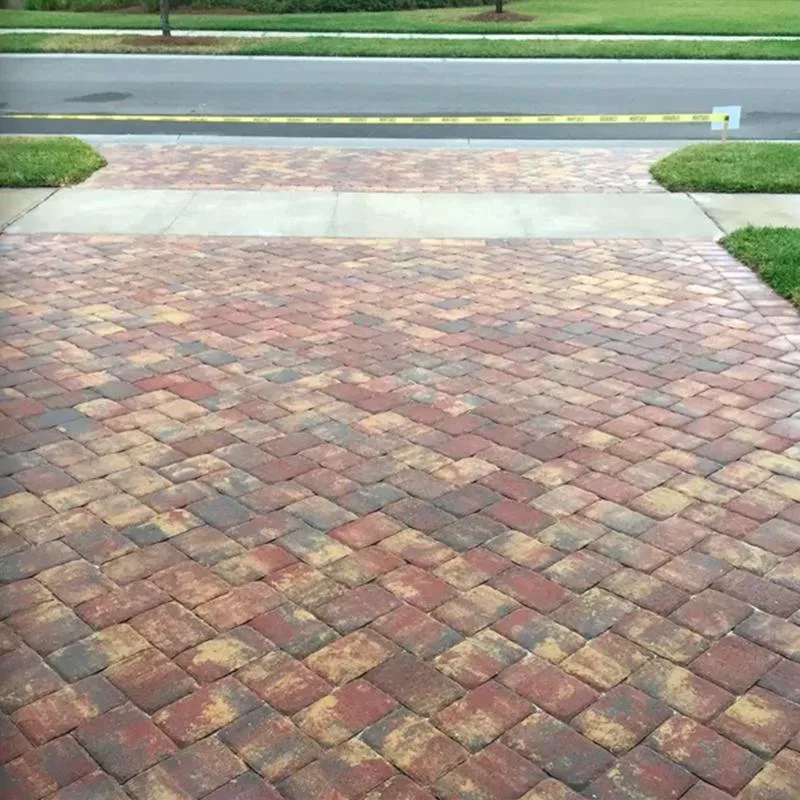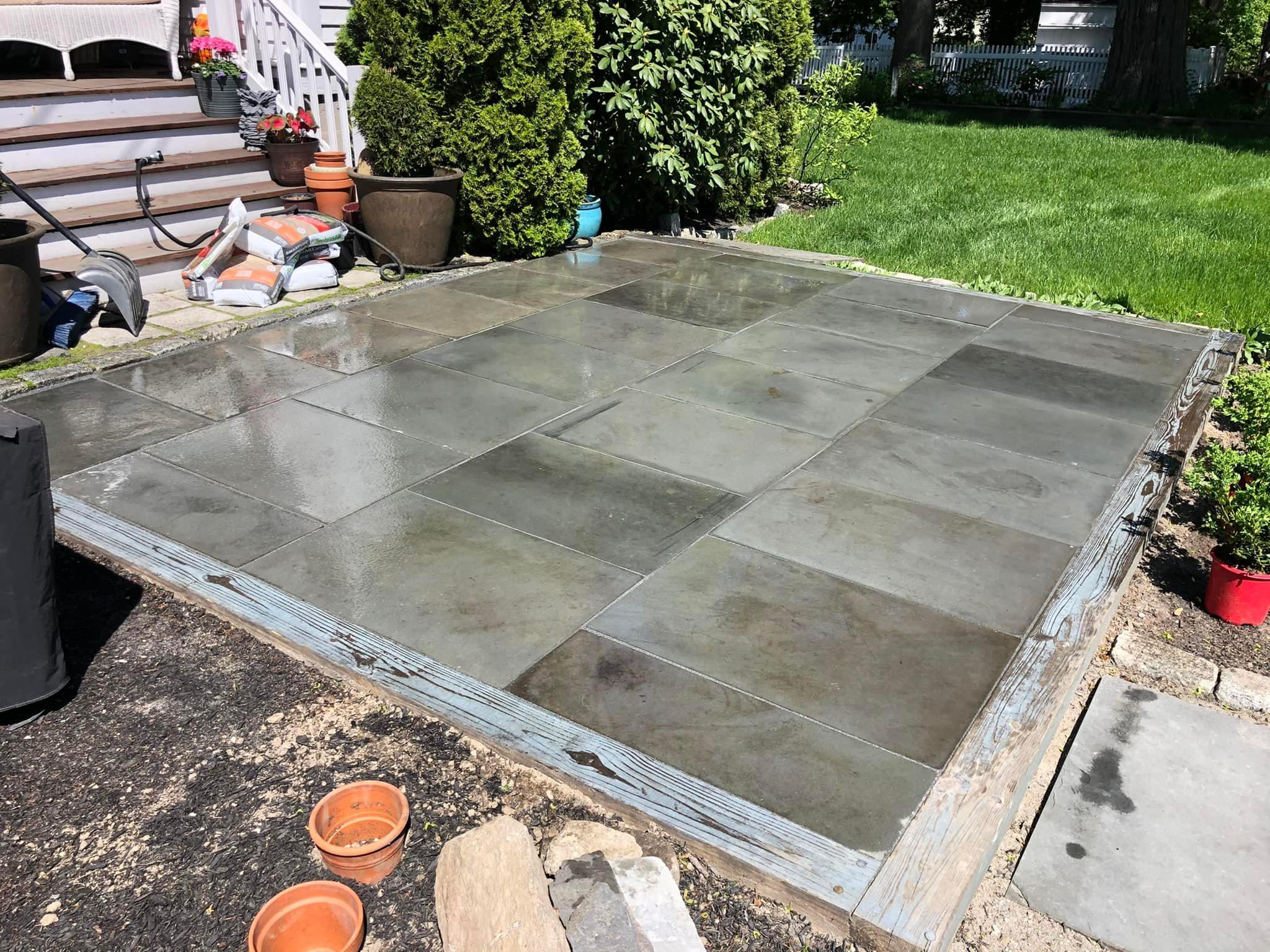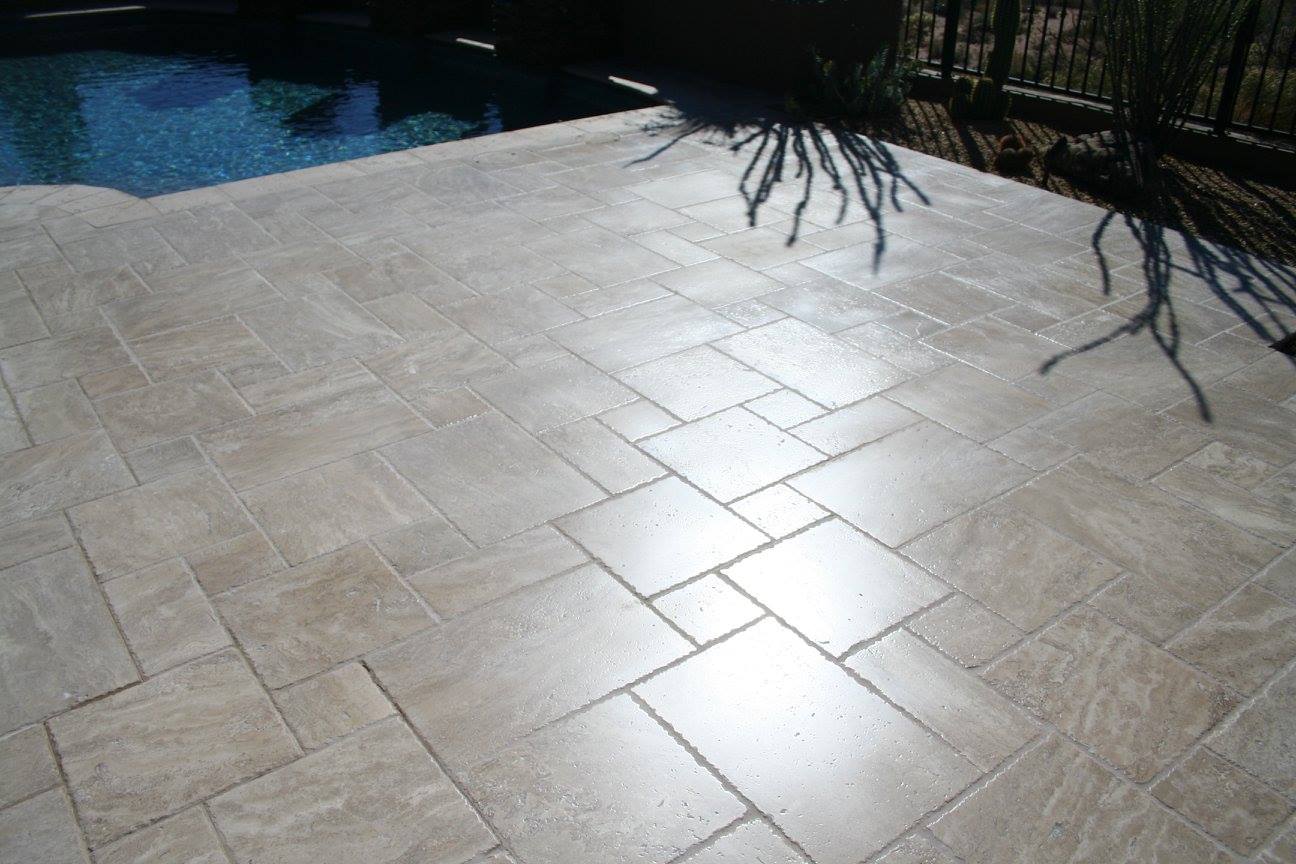Concrete Sealing: Pros, Cons, and Everything in Between
Concrete is a very versatile material that can be used for a variety of projects. It is strong, durable, and relatively inexpensive. However, it does have some drawbacks. One of the main problems with concrete is that it can be stained or damaged very easily. In order to protect it from the elements and keep it looking its best, many people choose to seal it. Concrete sealing can be a difficult process, and there are pros and cons to consider before making a decision.
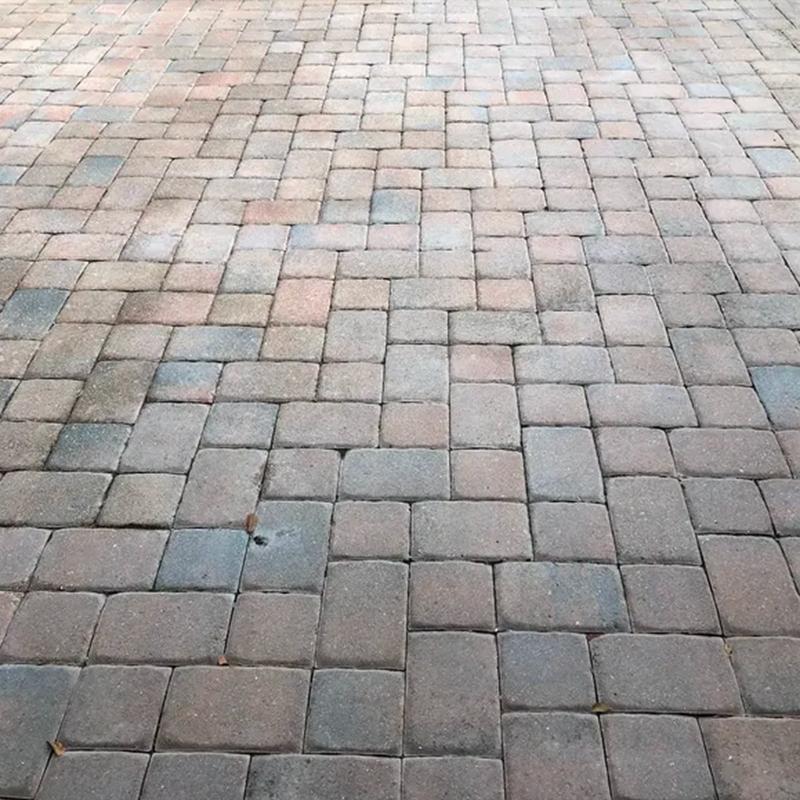
One of the main pros of sealing concrete is that it can protect the surface from damage. For example, if there are cracks in the concrete, sealing it can help prevent water and other contaminants like dirt and grime from getting inside. This helps to keep the concrete strong and durable for many years. The exterior of a building or walkway can also be protected with sealant. If you live in an area where there is frequent rain, snowfall, or even just humidity, waterproofing your concrete before winter will prevent cracks and swelling that might otherwise occur. Waterproofing can also be used on patios or other outdoor living spaces to prevent excess moisture build-up that could lead to mold or mildew growths.
Another pro of sealing concrete is that it makes the surface easier to clean. Stains, mold, mildew, oil, and other debris can build up over time on exterior surfaces if not properly maintained. When contaminants are allowed to stay on the surface for too long, they will eventually soak into the concrete itself and cause permanent damage or discoloration. If you seal your concrete before this happens, you can avoid serious issues down the line. Simply brushing away debris regularly will help keep your concrete looking its best.
One of the major cons of sealing concrete is that it doesn’t last forever. Even with regular cleaning, varnish peelings may begin to flake off within a few months or years after application. Over a longer period of time, the sealant can fade and become worn to the point where it needs to be reapplied. Sealants may also begin to crack or peel if they are applied improperly, leaving contaminants free to soak into your concrete once again. If you do choose to seal your concrete, it is recommended that you hire a professional for the application in order to prevent issues.
Another drawback of sealing concrete is that it can be expensive. Depending on the size and quality of your project, hiring a professional applicator can cost several hundred dollars or more. If you’re doing the work yourself with materials purchased from a home improvement store, the costs will go even higher quickly. Another thing to keep in mind is that if done incorrectly, sealing concrete may actually lead to added damage. If no primer is used before the sealant, contaminants like oil and dirt that are normally brushed away can soak into the concrete below.
If you have concrete surfaces on your property, sealing them can be a great way to protect them for years to come. However, there are definitely some pros and cons associated with this process. The decision should not be made lightly, because once it’s done, it’s difficult to reverse without further damage or expense. Seek out professional advice before starting any serious projects involving sealing concrete so that you can get the best results possible.
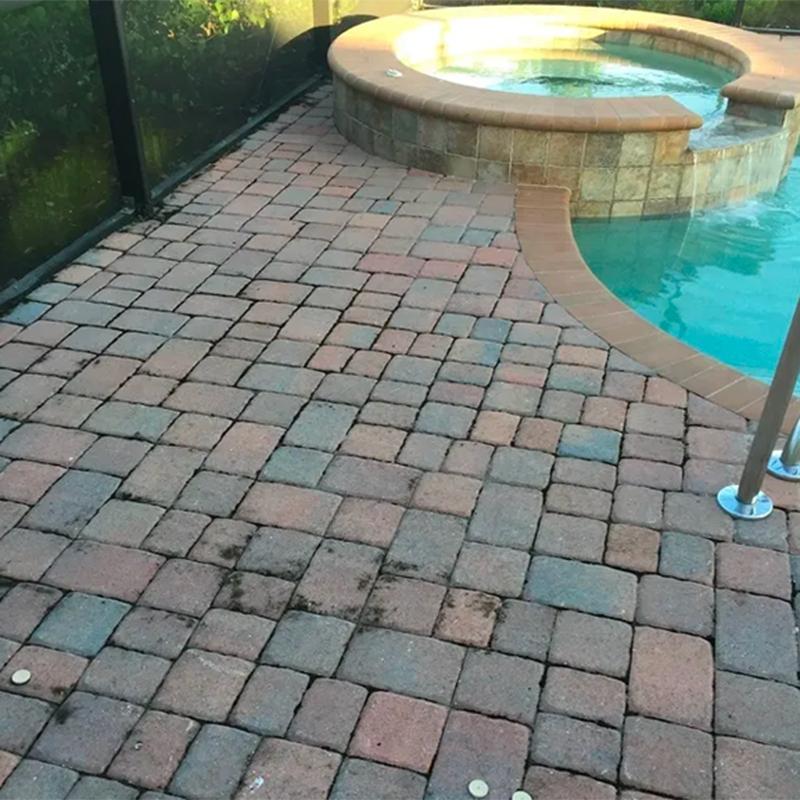
https://www.google.com/maps?cid=9420210911153088529
13561 Luxe Ave Apt. 205, Bradenton, FL 34211
(941) 444-0573
https://stingraysealing.com/

